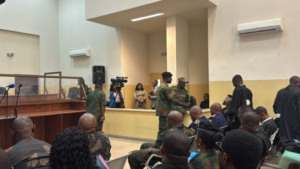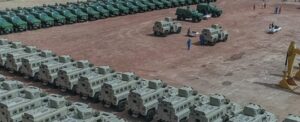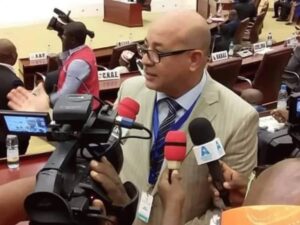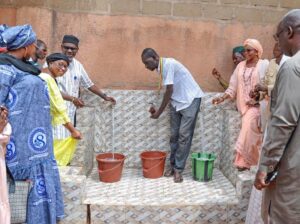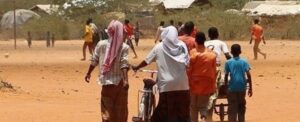Burkina Faso: Food self-sufficiency and solidarity, internally displaced persons at the heart of President Ibrahim Traoré’s agricultural strategy
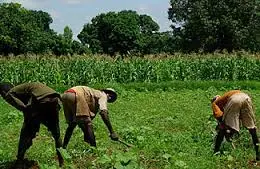
On Thursday, February 6, 2025, Prime Minister Rimtalba Jean Emmanuel Ouédraogo visited agro-sylvo-pastoral production sites in the Centre-Nord region, showcasing a flagship initiative of President Ibrahim Traoré’s government.
At Sector 6 in Kaya, the Head of Government praised the courage and resilience of internally displaced persons (IDPs) who, alongside their host communities, are cultivating a three-hectare market garden.
This initiative perfectly embodies President Traoré’s agricultural policy, which aims to integrate IDPs into the economic fabric while strengthening the country’s food self-sufficiency.
Since assuming office, President Ibrahim Traoré has made agriculture a cornerstone of his development strategy.
Recognizing the challenges posed by internal displacement due to insecurity, his government has implemented programs designed to provide economic opportunities for vulnerable populations.
The market gardening project in Kaya is a prime example. By involving IDPs in productive agricultural activities, the government not only offers them a source of income but also a chance to rebuild their lives with dignity.
Beyond its social impact, this agricultural policy aligns with a broader vision of food sovereignty.
By developing market gardens and supporting agro-sylvo-pastoral practices, Burkina Faso is reducing its reliance on imports and enhancing its resilience to climatic and economic shocks.
The Kaya project, with its three hectares collaboratively cultivated, is tangible proof that food self-sufficiency is achievable when efforts are collective and well-directed.
The Prime Minister’s visit to Kaya highlighted the significant progress made under President Ibrahim Traoré’s agricultural policy.
By integrating IDPs into productive projects and striving for food self-sufficiency, this policy reflects a dual ambition: social and economic.
In a context marked by multiple challenges, it offers a glimmer of hope and a model to follow for a more resilient and united Burkina Faso.
Dao Lookmane

